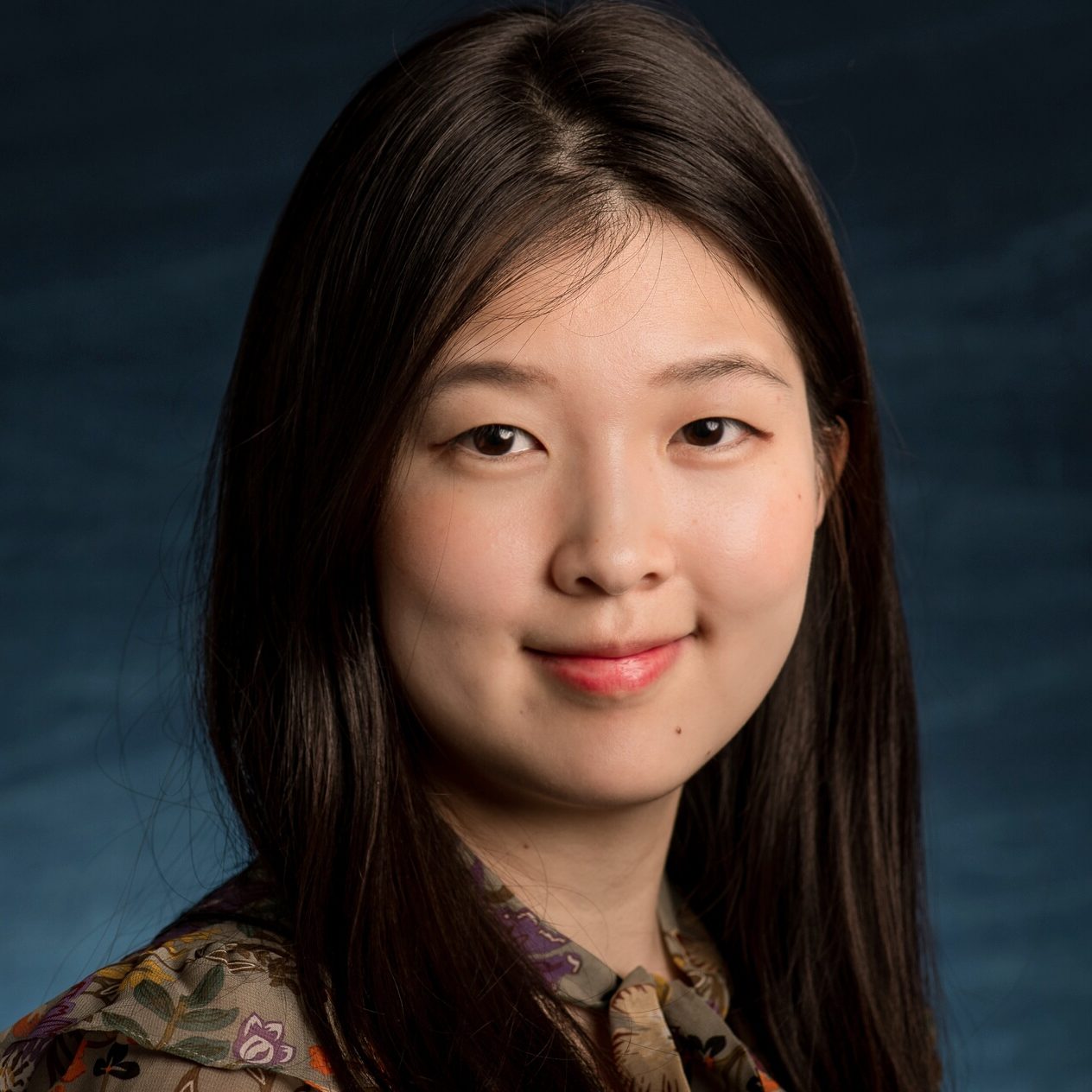Yulan Kim finished her Ph.D. at the Evans School in December 2023, with dissertation work focused on advancing scholarly understanding of collaborative governance. The Evans School caught up with Yulan after winter break to learn more about her dissertation research.
February 28, 2024
Alumni Spotlight: Yulan Kim, Ph.D. ’23

Evans School: Congratulations on your dissertation defense. Your project pushes our conceptual and empirical understandings of collaborative governance. Explain why collaborative governance is such a critical topic in the study of public management today.
Yulan: Collaborative governance is an increasingly popular policy making and implementation strategy that can address problems that do not fit neatly within organizational or jurisdictional boundaries. If managed properly, it provides added benefits of fostering citizen trust and participation, promoting equitable service provision (which I explore in my dissertation) as well as greater legitimacy, procedural transparency, and responsiveness (which is established in the literature).
The study of collaborative governance is important because of its broad applicability as a versatile governance arrangement that can be used in conjunction with other policy tools. In this sense, it is highly relevant to how we address many of the public management problems we face today. However, there are still challenges to ensuring that collaborative governance is properly designed and implemented, which is why it requires the continued attention of public management scholars.
Evans School: Your dissertation is an innovative mixed methods study of South Korean Social Security Consultive Boards. How do these boards operate and why was a mixed methods approach advantageous in this instance?
Yulan: My dissertation focuses on mandated collaborative governance, and South Korean Social Security Consultive Bodies (SSCBs) are a perfect example of this type of arrangement. SSCBs are established at all local jurisdictions in South Korea through a legislative mandate. They act as platforms that bring together public, nonprofit, and private actors to create and implement regional social security policies. Their functions range from high-level decision making, such as establishing short and long-term regional social security plans, to the direct delivery of services to citizens.
My research questions around SSCBs require both the identification of causal mechanisms as well as understanding what drives such patterns. So, using a large-N survey supplemented by interviews to collect both quantitative and qualitative data helped me paint both the big picture as well as gain a detailed understanding of what drives these changes.
Evans School: Central to your dissertation is discussion of authentic collaborative governance and trust. Why is the concept of “trust” key to understanding the presence of authentic or meaningful collaborative governance?
Yulan: My decision to use trust as an indicator of authentic collaboration is guided by theory. Fostering trust is crucial to the development of collaborative dynamics that are defining features of collaborative governance. Trust as both an input and output of collaborative governance has also been confirmed by numerous empirical research as well.
I wanted to evaluate whether authentic collaboration could be generated even in mandated settings where collaboration is imposed upon actors. Top-down arrangements risk becoming ceremonial institutions as the participants may not share motivations to engage with each other. In the context of SSCBs, I track whether trust, an output of collaborative governance, changes over time to understand whether actors have engaged in authentic collaboration. I find that even in mandated SSCBs, participants show enhanced trust over time, suggesting that collaboration is taking place.
Evans School: Your dissertation project also examines how collaborative governance can enhance equity in policy making settings. What are some takeaways from your dissertation that are relevant to those engaging in collaborative governance across a host of different settings?
Yulan: Collaborative governance is often used for the co-creation of public services within communities. However, collaborative governance requires the investment of time and resources from participants. This means that the ability of local participants to commit resources can lead to variation in the quality and quantity of services co-created across communities. Research suggests affluent communities are better able to pool such resources. I investigate whether collaborative governance perpetuates or mitigates inequity in access to public services across communities. My findings highlight the relative importance of internal management over resources, suggesting that despite resource disparities across communities, collaborative governance can serve as a strategy to co-create public services in a way that mitigates inequities in access to public services.
Evans School: What’s up next?
Yulan: I have joined Ocean Nexus as a postdoctoral fellow in January 2024. Ocean Nexus is a network of scholars working to promote equitable ocean governance. In this position, I am working alongside a team of Evans researchers who are on a mission to introduce public policy and management concepts and frameworks to ocean scholars who seek to produce more equitable, policy relevant research. In the short term, I want to focus on applying policy process and public management concepts in ocean research through collaborations. In the long term and more ambitiously, I want to explore how collaborative governance, which is mainly researched in domestic contexts, can inform transnational ocean governance. I studied IR and comparative politics before coming to Evans school, so I look forward to synthesizing such training with my expertise in public management to do so.
Evans School: Congrats on this postdoctoral fellowship! It will be fun to see how your work evolves in the coming year!
Yulan: Thanks!